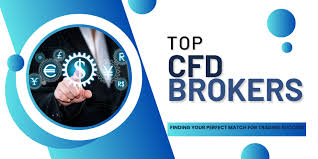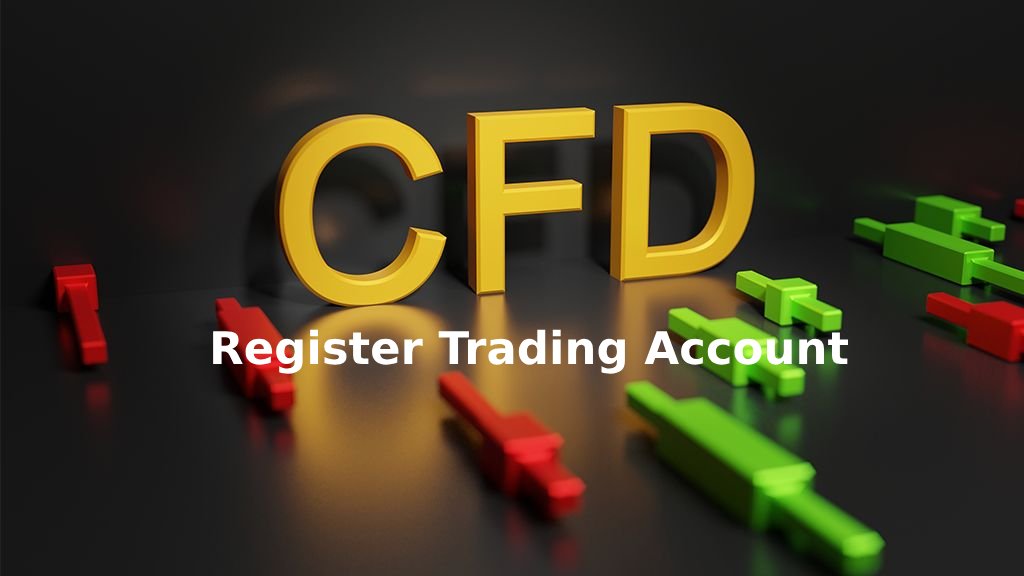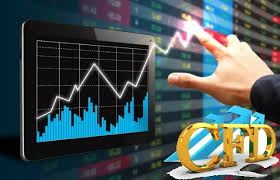
In the ever-evolving world of financial markets, selecting the best forex & cfd broker bestbrokercfd.com plays a crucial role in determining your success as a trader. With numerous platforms vying for your attention, it can be overwhelming to find one that meets your needs. This article serves as a comprehensive guide on what to look for when choosing the right broker for your trading endeavors.
Understanding Forex and CFD Trading
Forex trading involves the exchange of currencies and is one of the largest financial markets globally. Traders profit by speculating on the fluctuations in currency values. Contracts for Difference (CFDs), on the other hand, allow traders to speculate on the price movements of various assets, including stocks, commodities, and cryptocurrencies, without actually owning them. Both trading types provide unique opportunities and challenges, making it essential to choose a broker that aligns with your trading style.
Key Features to Consider in a Broker
When evaluating forex and CFD brokers, there are several key features that you should consider:
1. Regulation and Trustworthiness
Regulation is a primary factor when choosing a broker. Well-regulated brokers offer a level of protection to traders. Look for brokers regulated by reputable financial authorities, such as the Financial Conduct Authority (FCA) in the UK, the Australian Securities and Investments Commission (ASIC) in Australia, or the Cyprus Securities and Exchange Commission (CySEC) in Cyprus. A regulated broker follows stringent guidelines that ensure the safety of client funds and fair trading practices.
2. Trading Platform
The trading platform is your gateway to the market. It should be user-friendly, stable, and equipped with advanced trading tools. Popular platforms like MetaTrader 4 (MT4) and MetaTrader 5 (MT5) offer comprehensive features for analysis and automated trading. The availability of a mobile platform is also essential for traders on the go.
3. Trading Costs

Understanding the costs associated with trading is vital. Brokers may charge spreads, commissions, and overnight financing fees. Comparing these costs helps in determining the overall value of a broker. Look for brokers that offer competitive spreads, especially if you plan to make frequent trades.
4. Range of Markets
Consider the variety of financial instruments offered by the broker. A diverse range allows you to explore different trading opportunities and strategies. Check if the broker provides access to major currencies, commodities, indices, and cryptocurrencies.
5. Leverage Options
Leverage can amplify your potential profits, but it also increases risks. Different brokers offer various leverage ratios, which can significantly impact your trading strategy. Be sure to choose a broker that provides leverage options that align with your risk tolerance and trading objectives.
Popular Forex and CFD Brokers
Here are some well-known brokers in the forex and CFD space that have garnered positive reviews:
1. IG Markets
IG Markets is one of the leading forex and CFD brokers globally, known for its robust trading platform and extensive market offerings. They are regulated by the FCA and offer a user-friendly trading environment with competitive spreads.
2. eToro

eToro stands out for its innovative social trading features, allowing traders to copy the strategies of successful investors. It provides a secure and intuitive platform for trading various financial instruments.
3. plus500
plus500 is a popular choice for its transparency and ease of use. They offer a wide range of CFDs and are regulated in multiple jurisdictions. Their trading platform is straightforward, making it suitable for beginners.
4. OANDA
OANDA is known for its commitment to providing a reliable trading experience with a variety of analytical tools. It is a well-regarded broker among forex traders and offers robust educational resources.
How to Start Trading
Once you’ve selected a broker, the next step is to open a trading account. Most brokers offer a straightforward registration process, which typically involves submitting personal information and verifying your identity. Many brokers also provide demo accounts, allowing you to practice trading without risking real money.
Before diving into live trading, it’s essential to develop a solid trading plan. Define your trading goals, risk tolerance, and strategies to enhance your chances of success. Understanding market trends, technical analysis, and risk management are crucial for any trader.
Conclusion
Choosing the best forex & CFD broker is a significant step that can influence your trading success. By considering factors such as regulation, trading platforms, costs, and the range of markets offered, you can make an informed decision. As you embark on your trading journey, remember that continuous learning and adaptation to market changes are vital for long-term success.

